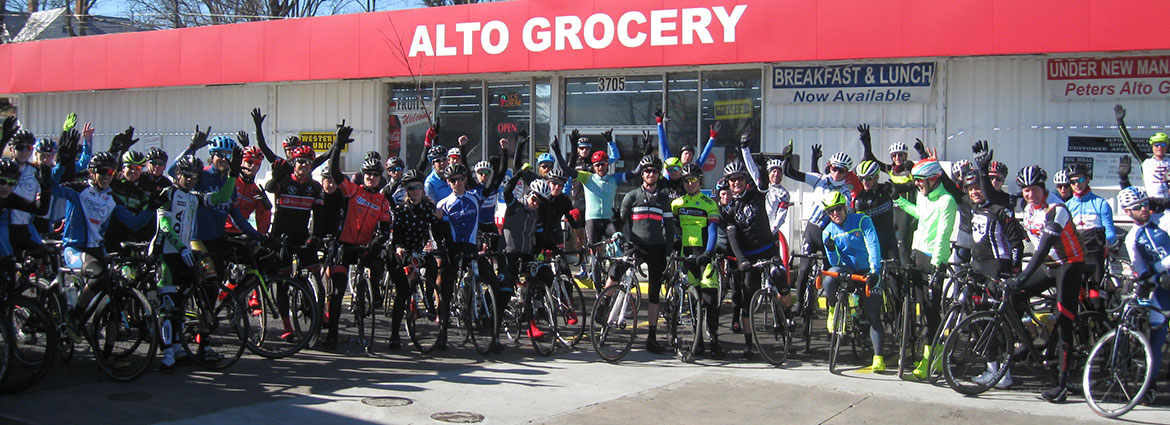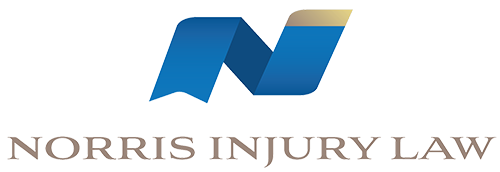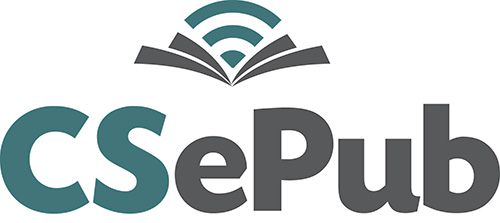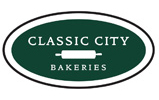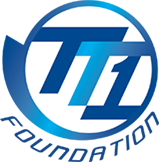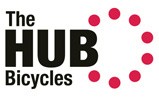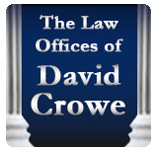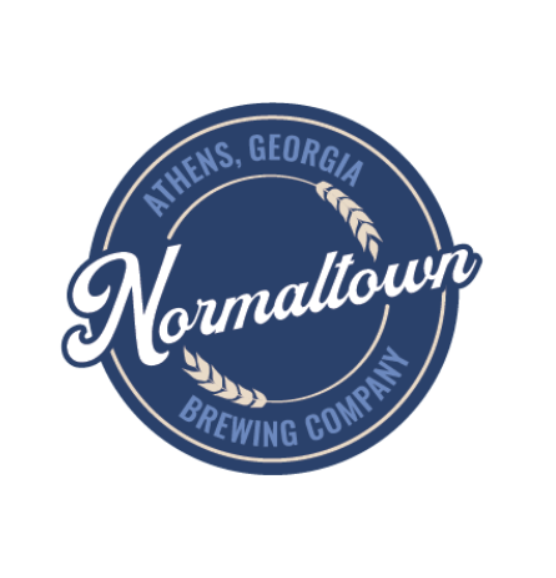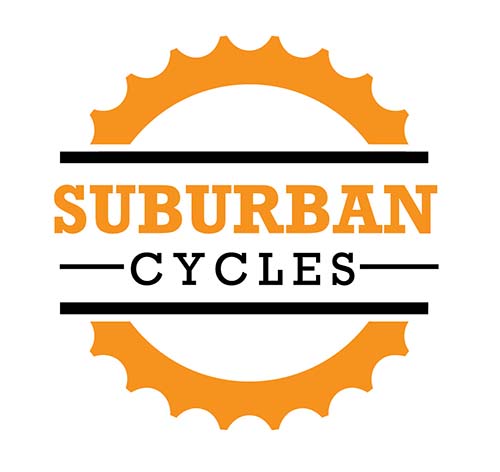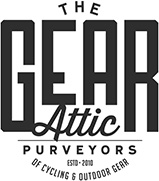PHIL SOUTHERLAND
Tête-à-Tête with Phil Southerland
Phil Southerland, aka Junior the Punk aka Junior aka Philly, bounded into Athens in 2000 as an 18-year-old freshman at the University of Georgia and he was at once a bundle of enthusiasm, passion, energy, verve, fire, buoyancy, zest and resilience. He was a young, talented racing cyclist from Tallahassee, Florida with a 12-mile grin and an infectious personality, and before his time in Athens was over, he would stamp his footprint on the local cycling scene and leave a lasting legacy. Athens would also provide a footing for Philly, both an underpinning and a jumping-off point for him to pursue his future lofty goals. In 2005 while in Athens, Philly and his friend Joe Eldridge founded Team Type 1 and his life would veer in a direction it would continue for the next 16 years to the present date. Team Type 1 was a grassroots initiative formed to inspire people with diabetes to better manage their disease and today is the world’s largest diabetes and sports organization and sponsors more than 170 athletes with type 1 diabetes including the world’s first professional all-diabetic racing team, Team Novo Nordisk. But it started out as a just a spark in the heads of two idealistic but determined young men who refused to bow down before the mammoth-sized obstacles placed before them, and who through hard work, sweat of the brow, perseverance, dedication, determination and drive, have achieved remarkable success: Team Type 1 is a foundation that literally saves lives. Looking back at the spunk Philly exhibited when he first came to the Classic City and considering his ability to always bounce back up after being knocked down, it’s now easy to see he was fated for success. We checked in with Philly recently for an update.
Humble Chronicler: Hi Philly, Happy New Year! It is great to catch up with you. Tell everyone where you and your family are living.
Philly: I live in Atlanta now with my wife, Dr. Biljana Southerland, and we have three boys, ages 7, 4, and 2, and have recently re-united with my daughter Rylie, who is now 17. Pre-Covid, I would travel a lot in connection with my work, but we have called Atlanta home for a long time now and Biljana, who is originally from Macedonia, is really enamored by the South and feels at home here. With three boys, needless to say, life is a full speed ahead most days and when you throw my work into the equation, I find myself keeping lots of balls in the air at once, but I wouldn’t trade it for anything. Life is rewarding, challenging, difficult, exciting, amazing, full of ups and downs, and extraordinary all at once! Biljana and I are really quite happy and our boys amaze us every day. We are hopeful that one of them is also a future WBL champion!
H.C.: Tell the folks at home a little about you and your wife’s work and a little about how you both met.
Philly: I am the CEO of Team Novo Nordisk and the Team Type 1 Foundation, both originally birthed in Athens, and now the CEO and founder of Supersapiens. Biljana [Dr. Biljana Southerland] is the Program Director of Medical and Governmental Affairs for the Team Type 1 Foundation and a Chief Consultant for the World Health Organization, International Diabetes Center and the Mayo Clinic. She was the former advisor to the Ministry of Health in Macedonia, served as Advisor for Hospital Affairs and Advisor for Health Care Management in the Cabinet of the Minister. In 2010, she developed Macedonia’s National Diabetes Program, an unheard-of initiative at the time that provided every resident diabetic in Macedonia with free access to insulin—it was groundbreaking. She is a maverick in the field, her CV is formidable, and her accolades fill pages. Some of you know I was diagnosed with type 1 diabetes before I reached age 1 and my life expectancy was no greater than 25 with a prediction of all sorts of serious maladies in between birth and death. Well, I recently turned 39 in large part because I had a dedicated mother and a medical team with access to the latest research and treatment modalities when I was young, which later in life led to the formation of Team Type 1. I met Biljana in 2011 at a medical conference we both attended and I was smitten with her right away—I think we were naturally drawn to one another because of our advocacy work in the field of diabetes. We forged a lifetime partnership when we later married.
H.C.: When was Team Type 1 founded and what is its mission? How does Team Type 1 accomplish its lofty goals?
Philly: Team Type 1 Foundation is an Atlanta based non-profit that I founded in 2005 and we are committed to not only educating and empowering the 1.2 billion people across the globe impacted by diabetes, but we also strive to instill hope and inspiration in all diabetics and their families. Our mission is simple: No one should die from diabetes because of lack of access to adequate medical care or supplies, specifically insulin, and I consider myself a global ambassador for diabetes. Team Type 1 accomplishes its goals in a wide array of ways including raising funds for research, supplying insulin and other supplies directly to those in need, and direct education with diabetics and their families. We promote an active lifestyle and we sponsor more than 100 endurance athletes with diabetes, including the worlds’ first all-diabetes professional cycling team, Team Novo Nordisk.
H.C.: I know you travel a good bit in connection with your advocacy and the bike team—what are a couple of the places you have visited that stand out to you?
Philly: That’s true, I have been fortunate to travel and see the world in connection with my work with Team Type 1 and Novo Nordisk. From 2008-2014, I traveled to Europe twice per month and visited 45 countries or so over that period. It wasn’t a glamour tour, it was hard work, advocacy by putting the soles of my shoes on the ground. At one point, I had the suitcase logic so perfected, that I could travel for 21 days with a carry-on. One of my favorite spots is Macedonia, where I met my wife, and I discovered it’s not on the coast as I originally thought when I first visited, and which Biljana likes to remind me. But the Balkan culture is rich and diverse and dates back for millennia. The food, the architecture and the people are amazing. Traveling to Rwanda in Africa also always provides a healthy dose of perspective. We started traveling to Rwanda in 2010 for a national bike race but our main goal was advocacy, education, and to provide medical supplies. To date, through the Team Type 1 foundation and its collaboration with the Ministry of Health as well as major gift from Abbott Diabetes Care, we have provided over $15 million dollars’ worth of medical supplies and funding, and we have ensured every kid with diabetes can both live and dream of a future. Through our joint efforts, we have donated glucose meters and 12 million test strips for disease management for people diagnosed with type 1 diabetes in Rwanda for the next four years. The kids and the people in Rwanda have what most of us would call "nothing," and as far as material goods, that is true. Yet they are happy, they smile, they laugh, and they are joyful despite their humble and meager possessions. The people of Rwanda have also given me a gift in return, one more valuable than a pile of gold coins, and that’s perspective. I should also mention the Rwandans are excellent cyclists and supremely talented athletes and I expect to see the country’s nest riders joining the pro peloton in the years to come. If you want a proper training camp before the next WBL, a camp in the Rwandan mountains will ensure your victory.
H.C.: You mentioned you recently tuned 39, which proves time indeed does fly. What years were you in Athens and what were you doing?
Philly: I was in Athens from 2000-2006, during which time when I attended the University of Georgia. I was proud to race for UGA Cycling Team during that time and was even team president of the team my senior year. I also raced for a Zaxby's Development Team that Micah Rice put together. Micah was also running the Jittery Joes Professional Team during that time, which was also based in Athens. Of course, I also rode for the infamous Team Bling Bling that Micah Morlock put together which consisted of a strong but fun group of WBL veterans and friends such as Marc Anderson, Brian Bibens, Reid Peacock, and my man Daniel Holt. One team I am immensely proud of was one we put together in “secret” to help me win the WBL Overall title. It was the 2000-2001 winter season and the guys named above plus such pro riders as Saul Raisin, who came over from Dalton at times and stayed with me during the winter so he could ride the WBL, all helped me each week in my quest to win the Overall. Ultimately, Jeff Shirey, aka Shireymania, beat me out that season, but that winter season really helped us to build an identity. I was 19 and we were all about the same age and Athens was a real hotbed of strong cyclists, as it always has been, and stronger, well-known racers began to take note of us. And because there is cash in the WBL, it ultimately helped us all earn a little legal tender to put towards rent. When you take cash from a pro rider, he or she takes notice.
H.C.: You began riding the WBL in 2000 and you did in fact win the Overall in 2003 and you still come over from Atlanta to take part in our grand spectacle. What do you remember about the WBL during your time in Athens?
Philly: There were basically four various stages of my “WBL education”: (1) Learning to survive, (2) Learning to pull, (3) Learning to win, and (4) as age set in, I’ve come full circle and am back to my roots of just trying to survive. But there are still strong, experienced riders at the front pulling in the WBL who are respected and who know how to keep things in check, which usually allows me to hang on. In the early days there was one constant: a person would suffer. The WBL is where I also learned to pull, and not to just pull like a brainless ox, but I learned the art of pulling. I think this is one of the biggest benefits of riding in the WBL—a rider can learn how to pull by not only watching the pros, but by riding behind them and feeling the power they produce over the long haul. In those years I rode with Canada Dave Irving, Big Jon Atkins, Chris and Tina Pic, Jeff Shirey, Erin Winter, Tommy Mulkey, Cesar Grajales, Max Finkbeiner, Jesse Lawler, Tom van Devender, John Murphy, Steve Broglio, and Starr Bridges. Tina Pic helped keep me motivated a great deal during some of the harder rides and as a young adult it was tremendous to have that community every Saturday and it certainly provided the motivation for a teenager to roll out of bed on a cold winter morning and go train. There was never a shortage of stories, jokes, and good-natured ribbing on Saturdays. There were also no maps and GPS didn’t exist, so we always had to rely on Crowe to tell us where we were. The stories of rides going off course are legendary and the jury is still out on whether or not Crowe would occasionally intentionally lead us astray so he could ride 20 extra miles. Those were great days and I finally picked off my first WBL wins in 2003 on the Royston classic, followed by another at Hard Labor Creek World Cup and I paid rent for the month. That same year I won the Overall and I paid rent for a couple of months—I lived next to Crowe. Looking back, I wonder if Crowe gave me that victory, or skewed the points, knowing my victory was cash back in his pocket…
H.C.: As you were going through Stage 1 in the WBL, your “Learning to Survive” period, do you have any memorable rides you can remember which you can share?
Philly: Yes, plenty of stories. When I first started riding the WBL in 2000 it was up and running and attracting big, strong groups but I had absolutely no idea what to expect and it takes a couple of rides or more to figure out the system and to feel comfortable. But the rides are 4 to 5 hours and the pace is quick and occasionally the speed will ramp up so even though the pack drivers aren’t trying to drop folks, neither did they wait for those that came off at the back. During my first few years in the WBL the SAG car, or follow vehicle, did become a reality and I learned quickly to become friendly with the driver. One day sticks out when it was cold and we were battling a raging wind and I flatted and there was no SAG car and the group kept rolling, leaving me behind. Slim Tim Henry and Dylan Taylor waited with me and while Slim and I changed my flat, Dylan Taylor miraculously found a six-pack of unopened Heinekens behind a brick wall. We stuffed all the beers in our jersey pockets, then took a shortcut to the store stop, the halfway point in the ride, hoping to ride fast enough to arrive before the group left. Mind you, we were 20 years old, broke, and finding beer was like stumbling on cash lying in the road. When we arrived at the store the group was just leaving and we jumped on board. I remember Larry the Mineral Man Waters won that day and we celebrated our good fortune by swilling the beer in the parking lot after the ride. Crowe drank one too and claimed it was good for recovery. I think he was serious.
H.C.: Do you still ride? What do you and your wife like to do for fun?
Philly: I do still ride and though 2020 has been a bit whacky, I have managed to ride a little more and be a bit more consistent. One of the perks of owning a pro cycling team is that I can occasionally ride and train with the team and we have a team training camp before the season starts every year which has been in Spain the last few years and I always try and join the team there. And when I attend races with the team or travel, I usually have access to a bike and try and squeeze in a ride whenever I can. We help sponsor events during the year also and we partnered with Haute Route Rockies a couple of years, a 7-day series of brutal, long-distance rides in Colorado that was as hard as any week-long professional race because of the amount of climbing involved and the fact we were at altitude. We took a big group and I rode hard and had a good time. I also still try and slide over for a couple of WBL rides every year and see old friends and be a part of the vibe again. In a normal year Biljana and I both like to scuba dive and we vacation at the beach with the kids. Of course, most anything we do for fun involves our three boys—we ride bikes with the kids a good bit, I play a lot of all types of games with a ball, and we both enjoy cooking for the family. Biljana swears that I am much better than her at cleaning the kitchen so I have taken on that role also. I am a man who wears many hats.
H.C.: I understand you raced for Team Type 1 in the Race Across America (RAAM) on two different occasions. What the hale were you thinking?
Philly: Ha, good question. Yes, the RAAM is about 3,000 miles in length and Joe Eldridge and I put together Team Type 1 in 2006, an 8-person, all-diabetic team to compete. This was all about showing people with diabetes what they could achieve, and we raised money for the cause also. We were young, idealistic and passionate. We were also determined to win the team event, not simply to ride. We divided into two groups of four, though we would be scored as one, and set off, each with its own support vehicle. For those who don’t know, riding with diabetes, especially in such a long, grueling event, has an extra layer of obstacles other than the “normal” but extraordinary difficulties all the riders face. Insulin lowers blood sugar and food raises it so we must take in the precise amount of insulin to offset the effect and it can be challenging when a person is riding across the country on a bike. And because none of us had ever done this and we were racing against experienced professionals, we had a cycling guru for our coach, Rick Crawford, a master in nutrition and tactical planning on the bike. We rode over all sorts of terrain, through weather of all types, and experienced highs and lows, fatigue and elation, and in the end, we finished in about five-and-a-half days but we were second to Team Vail Creek by 3 minutes. Still, it was a tremendous achievement for a team of diabetics, one of my proudest, and I was humbled by the experience, it was truly life-changing and helped provide the fire to keep pursuing my goal of advocacy on behalf of diabetics. But that damn 3-minute deficit gnawed at me all year, so the next year we went back, and this time we won. The second year was a similar experience and I wrote about it in detail in my book “Not Dead Yet.” I think we proved what we set out to: Don’t sell diabetics short.
H.C.: That’s a great story and all respect to you, Joe, and all your teammates. Shifting gears, 2020 has been a different year for everyone. What does the future hold?
Philly: Biljana and I intend to continue our advocacy work with Team Type 1 and raise our three boys, and that’s about 3 or 4 fulltime jobs. The European racing season was shortened in 2020 as everyone knows but our Team Novo Nordisk guys raced and had success and we’ll be back at it again this year. No one knows exactly what the season will be like but I think it was shown last year that with proper protocols in place, racers can race. It’s different from country to country but hopefully this is the year we get on top of Covid, and maybe by the second half of the year, we can get back to some sense of normalcy. Obviously, with all our athletes we take safety measures seriously and don’t skimp or cut corners, and right now, until told otherwise, we’re planning on a full year of racing. I also have new start-up I am working on called Supersapiens (www.supersapiens.com). Supersapiens provides real time glucose tracking, and validates fueling, training, racing, and recovery. An athlete will be able to see how fueling impacts his or her body in real time and help determine which food sources are most stable and sustainable so he/she can optimize his or her overall glucose intake. We want to turn the guessing game of energy management before, during, and after exercise into an exact science. It’s cutting-edge stuff and an area wide open with opportunities—the future looks bright.
H.C.: Thanks for checking in Philly and I hope you and your family have a great year and I wish you much continued success in all your endeavors. No doubt you have a lot of irons in the fire but I know you’ll keep them all burning hot.
Philly: My pleasure and Happy New Year to all! Let’s make it a good one!
Humble Chronicler
(Lockdown January 2021 but still hopeful)
